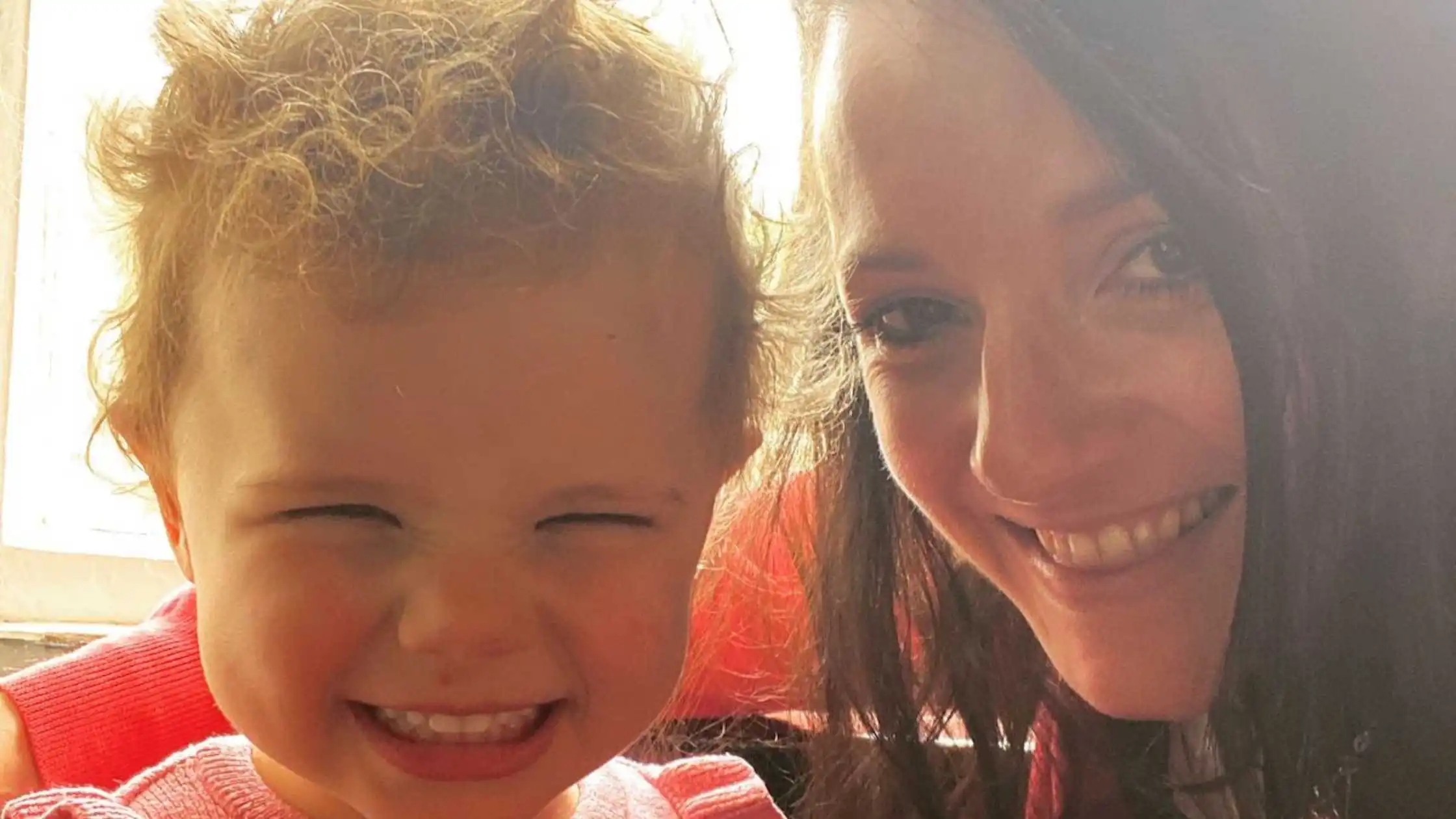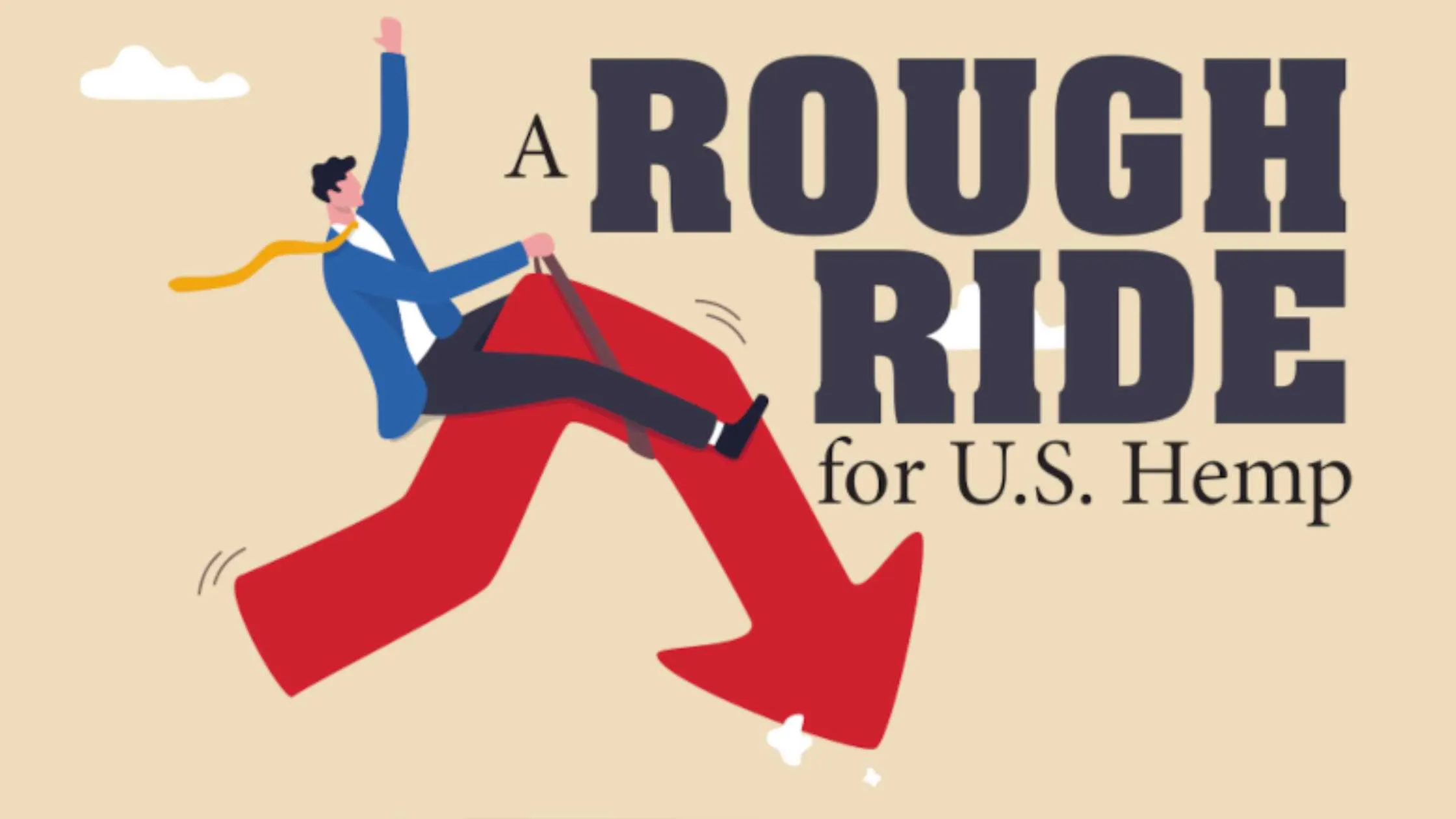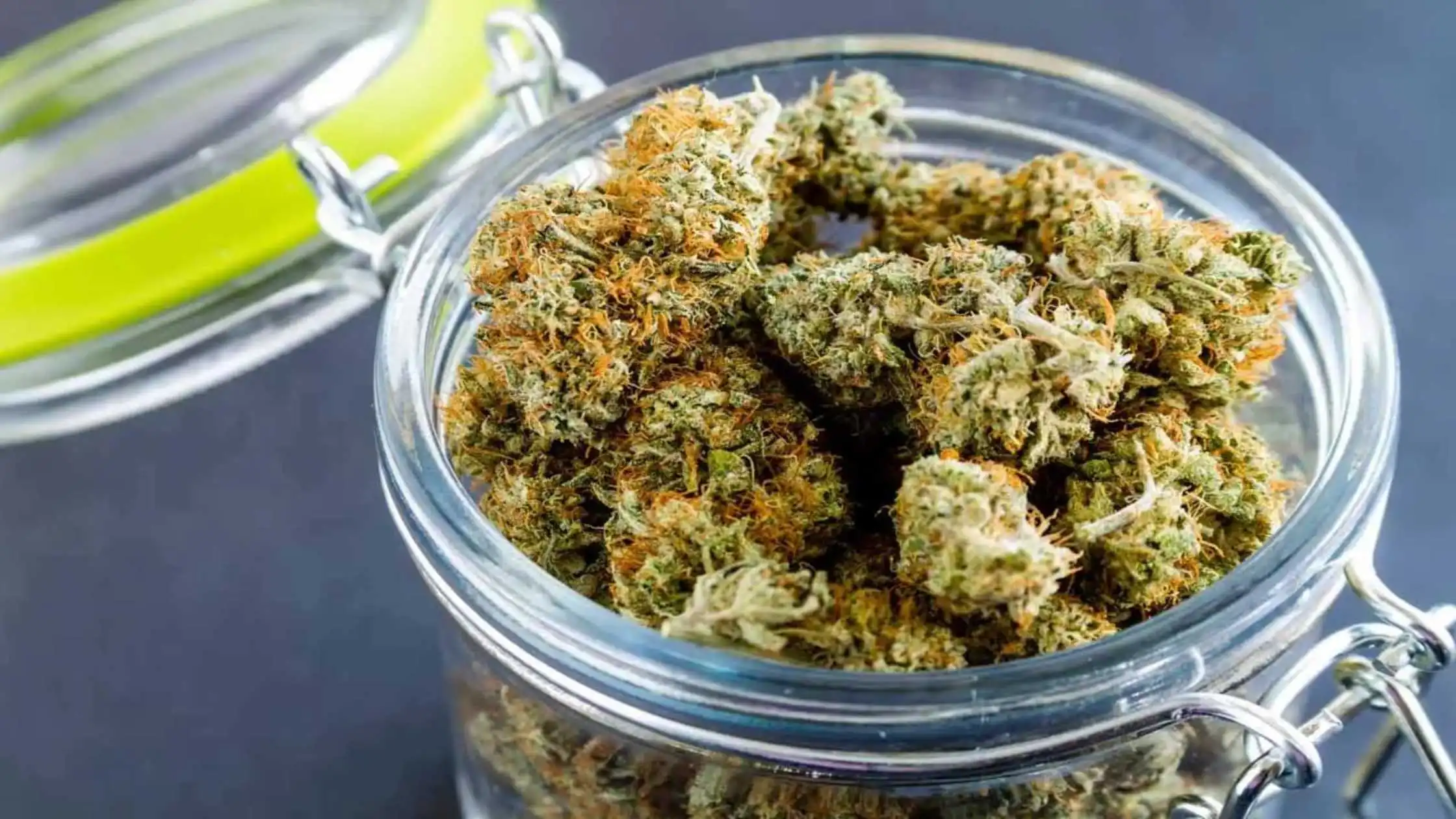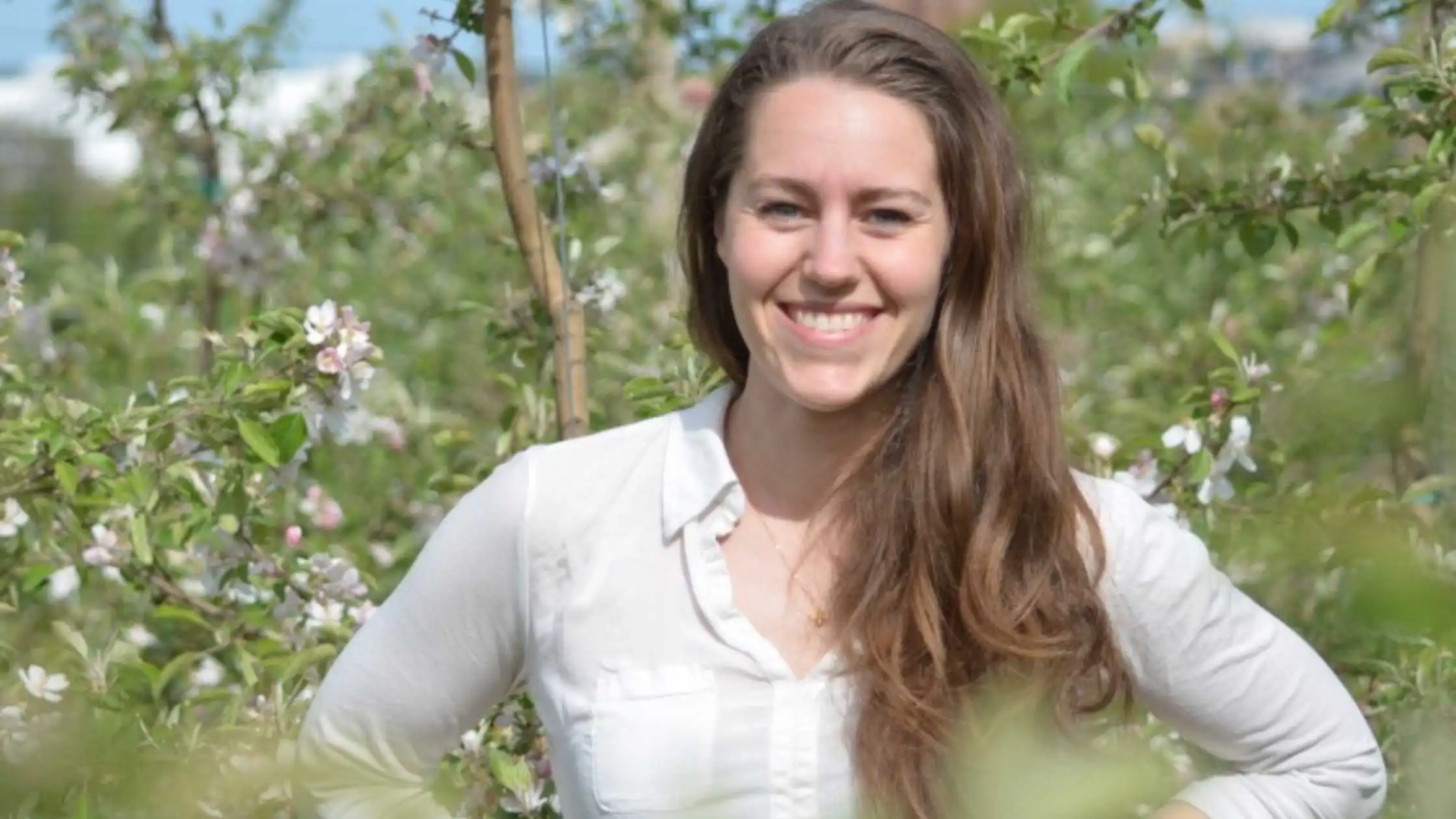Three-year-old Clover Carkeet’s seizures have reduced by 95 per cent with medical cannabis – so why has her family had to fight so hard to maintain access to it?
Clover Carkeet’s family have had to fight for her to maintain access to the treatment.
Clover had her first seizure at just 12 weeks old. Doctors diagnosed her with infantile spasms, a ‘catastrophic’ form of epilepsy that is among the most brain-damaging conditions of its kind.
Early signs of the condition were discovered when her mum, Emily Carkeet, was 30 weeks pregnant.
She was told that Clover was missing the part of her brain that connects the left hemisphere to the right, known in medicine as the corpus callosum.
Seventy-five per cent of newborns with the condition will grow up to live completely everyday lives. Still, sadly, Clover is among the minority that develops neurological issues from early childhood.
Like many children diagnosed with rare forms of epilepsy, Clover was started on a heavy dose of steroids, which she took for six weeks.
“It was an awful time for us,” Emily recalls. “They made her extremely poorly. She was so upset and angry. She was staring into space.”
After the steroids, Clover was started on a solid antiepileptic drug called Vigabatrin, and she enjoyed five months without seizures. The freedom allowed her to develop and even learn to crawl.
Spencer, Emily and Clover Carkeet
Trying CBD
But it wasn’t just the Vigabatrin aiding her recovery, Emily believes.
When Clover was four months old, her parents began giving her tiny doses of over-the-counter CBD oil called Hayleigh’s Hope. In the early days of Clover’s diagnosis, Emily had connected with hundreds of families whose children suffered from similar conditions.
“I was always searching for the answers for Clover,” Emily says.
“I found that the children taking some form of CBD seemed to be developing fairly normally. Their seizures were well controlled, and they were spending less time in hospital.”
She continues: “Every time we increased her dose, she would learn something new; physically, her development was ahead of some of her neurotypical peers; she crawled at nine months and walked at 13 months, all these things that they said she wouldn’t do.”
But after five months, Clover relapsed and developed something called focal seizures. Despite increasing her pharmaceuticals, her condition worsened until she was having as many as 100 seizures a week.
95% reduction in seizures
At this point, Emily and her partner, Clover’s father, Spencer, were at a “crossroads”. Either introduce more pharmaceutical medication or pursue a CBD prescription.
“It became abundantly clear that what we could buy over the counter just wasn’t strong enough for her,” Emily says.
“We were at a crossroads really; we could either add more meds… but we had made a vow in those early days that that was not what we wanted for her. We wanted to give her a chance to have a quality of life, and we believed the best chance of that was by staying as far away from heavy-duty drugs as possible.
“That’s when we decided to go down the prescription route.”
Clover met the criteria and was able to access a legal prescription for medical cannabis in August 2020. By November, her seizures had dropped to just three or four per week – a 95 per cent reduction.
The following April, the family added the THC-containing oil Bedica to Clover’s course of medication, which is when the number of seizures fell “dramatically”.
“THC was the game-changer for her. She was sometimes going ten days without a seizure,” says Emily.
“The biggest doubt for me was that THC might have detrimental behavioural and developmental effects; it worried me, but less than having her on a benzodiazepine, wired up to machines in hospital. As her mum, I’ve always followed my gut instinct.”
Clover’s parents say THC was a “game-changer” for her.
Battling the BPNA
Despite Clover’s parents seeing a vast improvement in her condition and quality of life, the family faced losing her access to the medicine when her prescribing doctor was reported to the General Medical Council (GMC) last year.
Although she doesn’t know the details of how it came about, the complaint was made shortly after Emily wrote to Clover’s neurologist in the NHS outlining her daughter’s positive response to cannabis-based medicines.
The complaint, believed to have come from the British Paediatric Neurology Association (BPNA), centred around Clover’s age. At 17 months old, she was the youngest child in the UK to be prescribed the medicine. It stated that the doctor was not a neurologist and, therefore, should not be prescribing.
BPNA guidance claims that cannabis medicines can only be prescribed in children with epilepsy by a paediatric neurologist. But this is not stated anywhere in current legislation.
The case ended up being dismissed, with the GMC’s independent medical expert quoted during the review as saying the BNPA position is “probably not in the best interests of children”.
“Doctors sign a Hippocratic oath and then don’t do what’s best for their patients. It’s negligent to deny these kids this medicine that works for them, says Emily.
“What I don’t understand is this necessity to throw so many drugs at them just because they’re licensed.
“In my opinion – and logic should rule here – if a child finds something that works, why would you force them to go back and try all these other things that may be detrimental? I find this concept of using cannabis as a last resort crazy.”
Emily believes that the BPNA guidance on medical cannabis is part of the reason why NHS access is so limited for children with epilepsy.
“They complained about Clover and made no effort to speak to me about how she was doing. They don’t listen to us as parents, even though, when you’re a parent of a child with epilepsy, you become the expert on their condition,” she says.
“It’s just so wrong on so many levels.”
Emily and Spencer, with Clover, on their wedding day recently
A “constant juggling act.”
Clover is doing well developmentally and starting to communicate more as she reduces her prescription drugs, something Emily puts down to medical cannabis.
“I had read about neuroprotective benefits from cannabis and genuinely think that because she’s had it in her life since she was so young, it’s probably protected her brain,” she says.
“We’ve never seen any regression from any of her seizures, and I honestly think it’s the cannabis we have to thank for that.”
She attends nursery, and Emily has been able to return to work, which has been a lifeline in funding Clover’s prescription, which currently costs around £1,000 a month.
Emily and Spencer can fundraise but still pay £600 monthly out of their own pockets. Emily describes the situation as a “constant juggling act”.
“I feel an extreme pressure to be working more than I am because we have this prescription to pay for,” she says.
“Clover suffers from this because she doesn’t get as much of her mum as she needs.”
But despite their struggles, Emily feels lucky they have access to the treatment when so many families in the UK are unable to obtain a prescription, even privately.
There is currently only one paediatric neurologist prescribing for children with epilepsy in the UK, and he is not currently taking on any new patients.
“There are so many desperate parents; they are trying to get this medicine because they see the results,” she adds.
“It’s an injustice that they can’t access it.”
Disclaimer: https://cannabishealthnews.co.uk/2022/05/16/acces22-my-daughters-seizures-reduced-by-95-on-medical-cannabis





